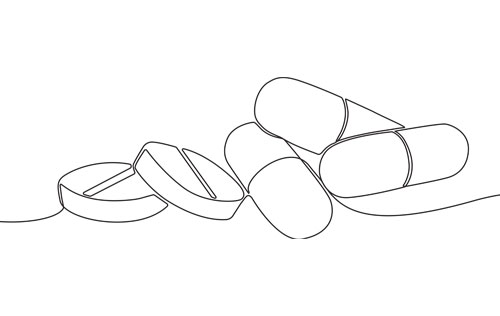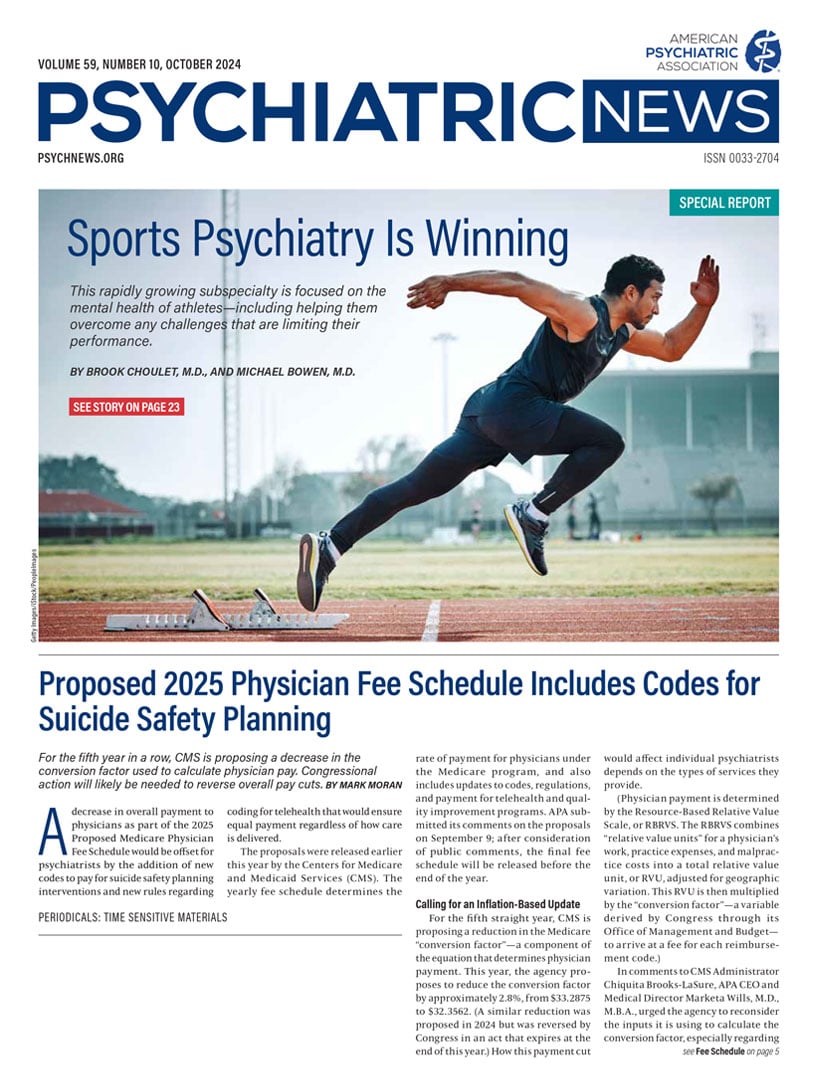Your medications, my drugs.” This phrase, echoed by some of my patients, highlights a troubling double standard in how we view and treat substance use disorders (SUDs). With vastly different sociodemographics, tastes, and values, these individuals share psychiatric diagnoses at the somewhat uncertain intersection of mood, anxiety, and SUDs. Over time, we have learned that judgment often does more harm than good in addressing substance misuse. To reduce harm, we must wield our words with care, avoiding the sharp edges of judgment.
The shift in the DSM from “Substance Abuse and Dependence” to “Substance Use Disorders” was a step toward reducing stigma. However, nonjudgmental terms are meaningless if our underlying diagnostic criteria and personal biases remain unchanged. What we believe about our patients’ merits and failings in managing their mental distress carries immense weight, often overshadowing the language we use in our conversations with them.
My patients have been gracious teachers in highlighting my own biases. They would often point out the hypocrisy in my condemnation of their “drugs” even as I praised the “medications” I prescribed. I used to argue that their substances were harmful, while mine were beneficial. However, they often countered with evidence that their drugs were helpful and my medications could be harmful.
In the late’ 90s, I dismissed a patient’s claim that ketamine was alleviating his depression. I urged him to quit, convinced that all drugs were detrimental to his mood. What would he say to me now, amid the resurgence of ketamine as a promising treatment for depression?
Similarly, I fought—and won—countless battles against psychedelics like LSD, psilocybin mushrooms, and ayahuasca, despite anecdotal reports from patients and emerging research suggesting their potential therapeutic benefits for conditions like PTSD and addiction. In contrast, I championed antidepressants, mood stabilizers, and antipsychotics, often overlooking their partial benefits and significant side effects.
Now, some of these patients are returning, asking about recent studies on the “illicit” substances they once used. Should they go back to their “drug of choice,” this time with a doctor’s prescription? This poses a conundrum. As physicians, we make clinical judgments based on the best available evidence, which is inherently limited and evolving—conditions that create a breeding ground for bias. If we are required to make judgments based on biased information, how can we make them better?
Last week, one of my patients asked: “My drugs, your medications. Or is it: my medications, your drugs?” Her comment struck a chord. Shouldn’t the same standards of evidence apply to all substances, regardless of their legal status or cultural connotations?
I tentatively replied, “Our drugs, our medications?”
She beamed at me. “You got it, Doc. Our medications, our drugs.”
Perhaps it’s time we reconsider our biases and approach all substances with the same rigorous scrutiny, prioritizing patient well-being over preconceived notions. By fostering open dialogue and embracing a more inclusive approach, we can bridge the gap between “your medications” and “my drugs,” ultimately improving the lives of those who entrust their care to us. ■


